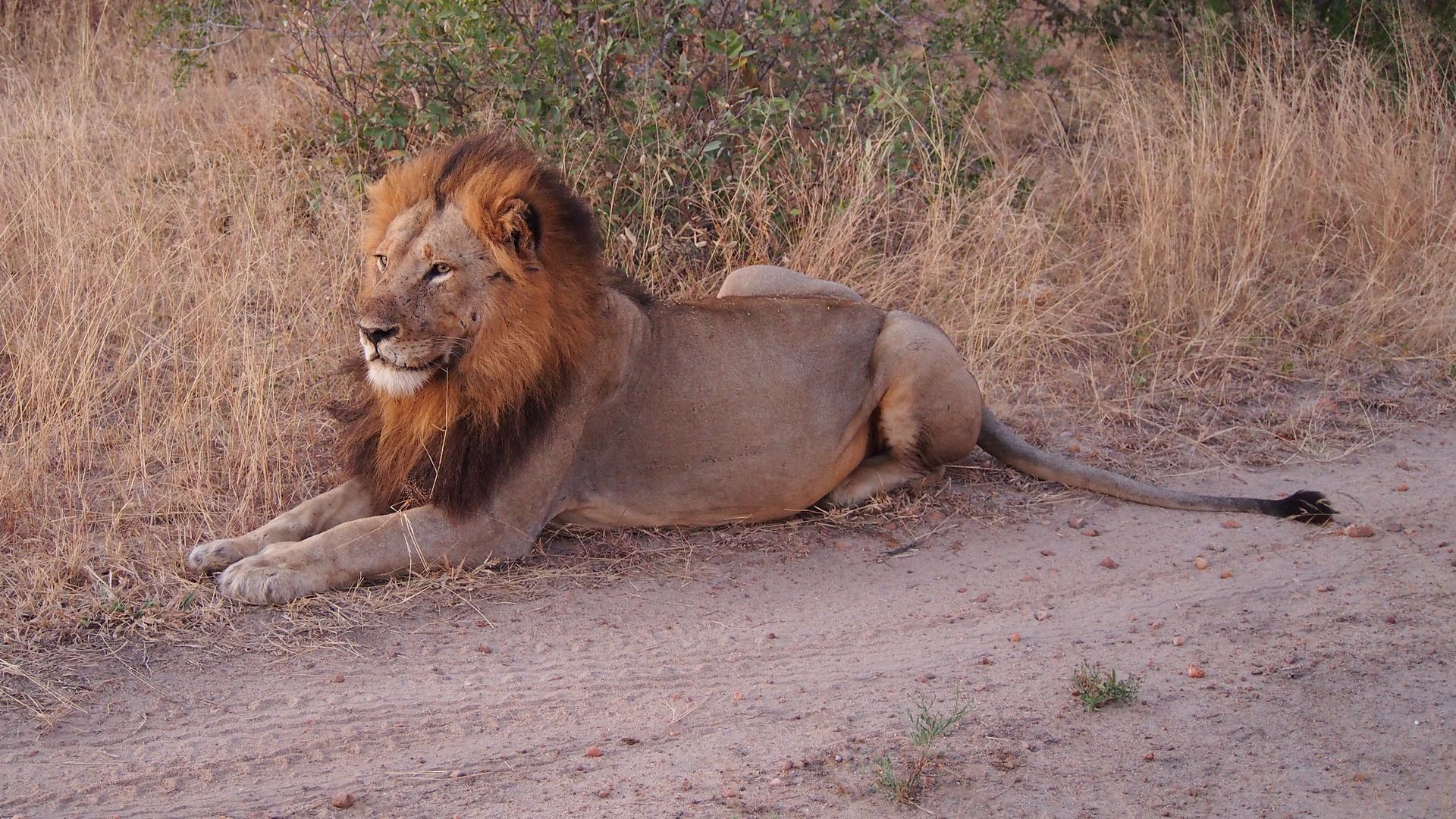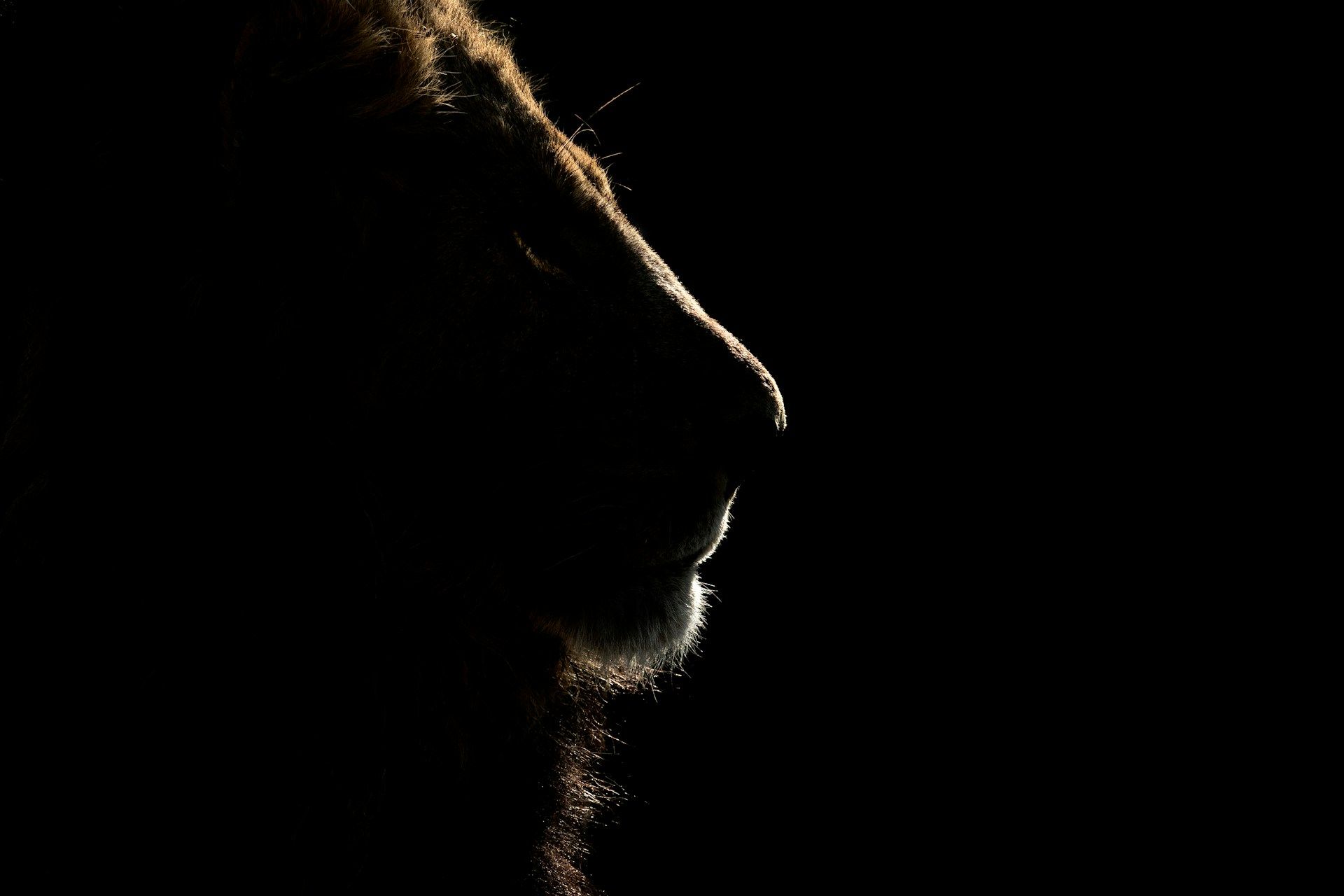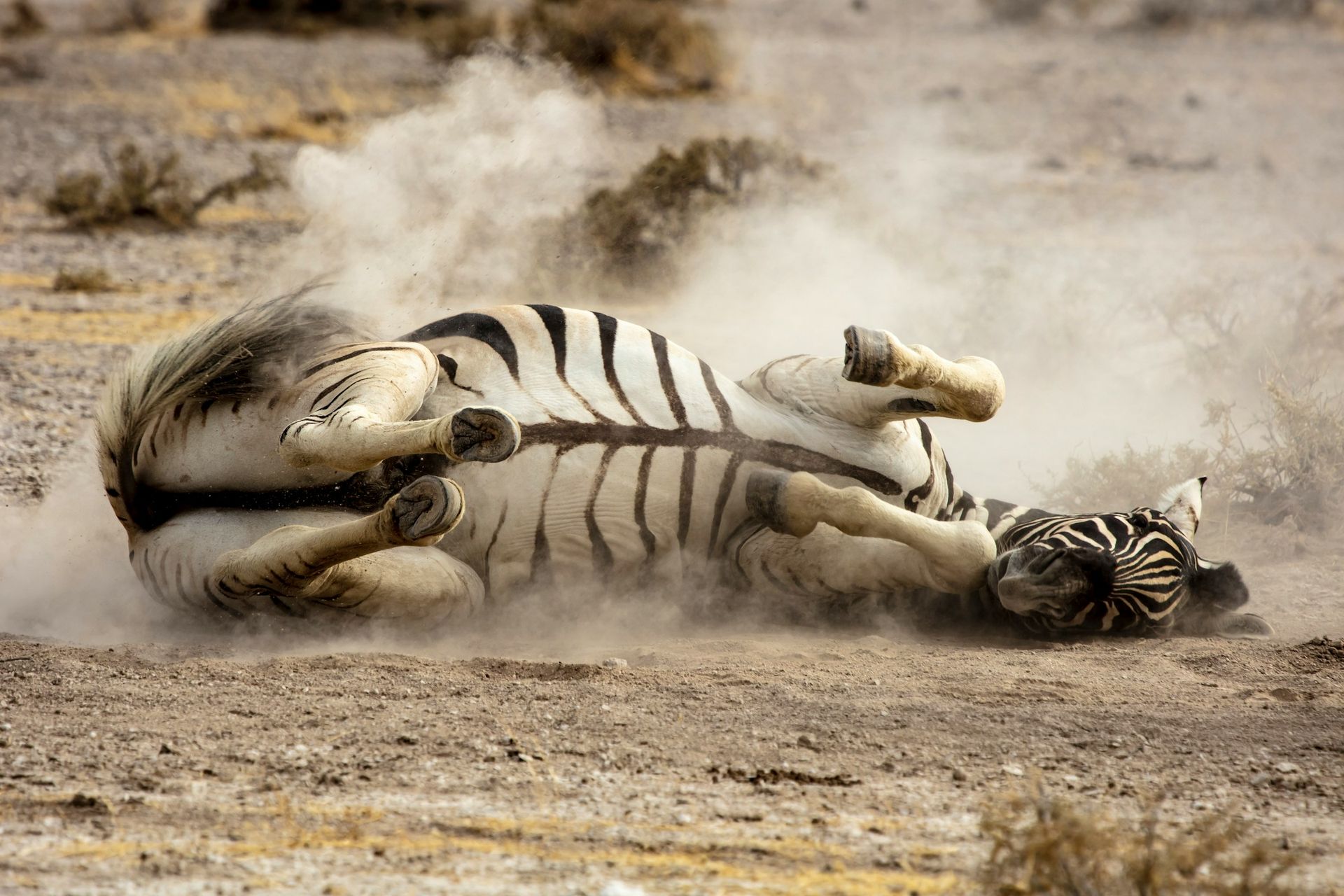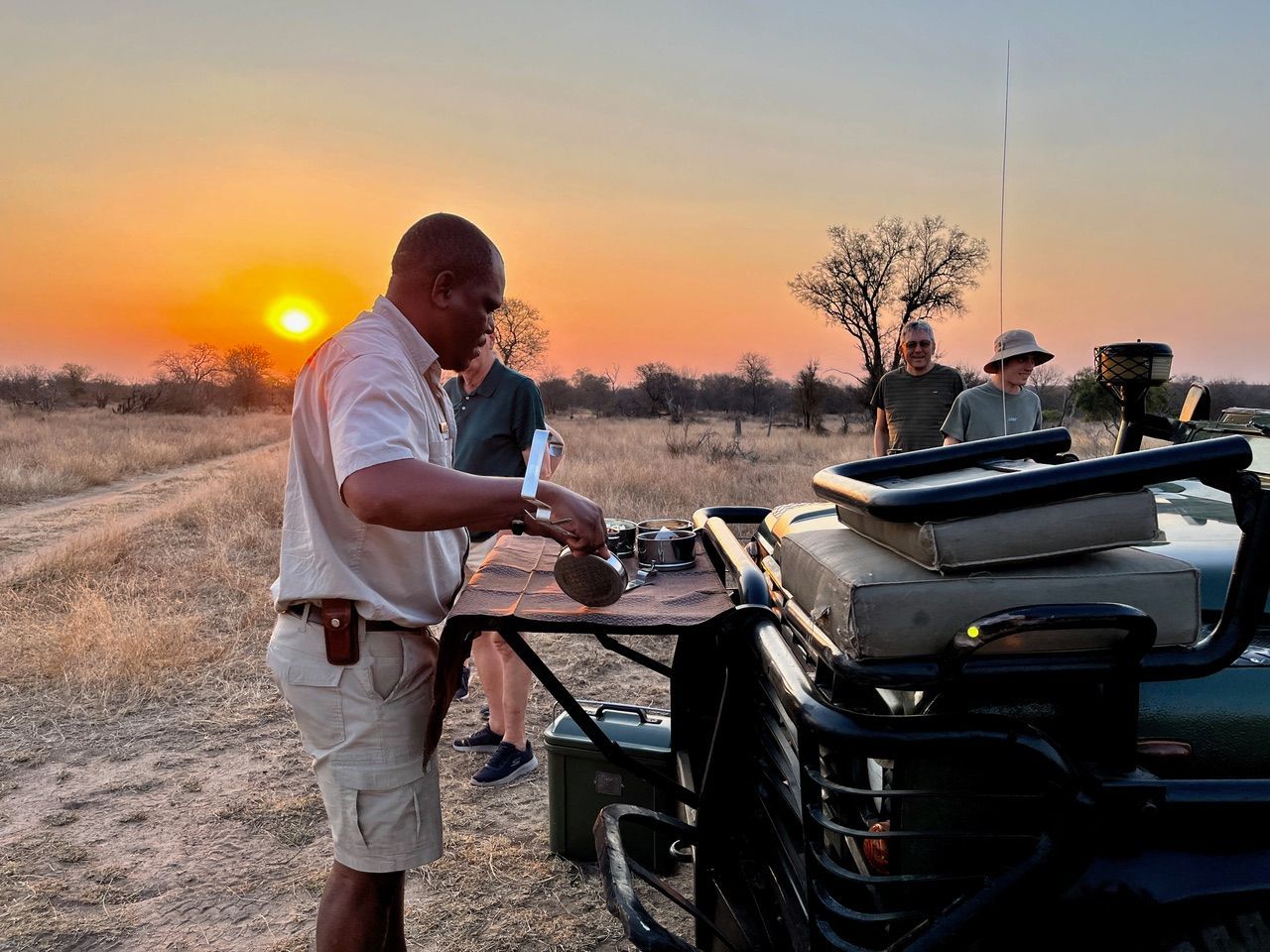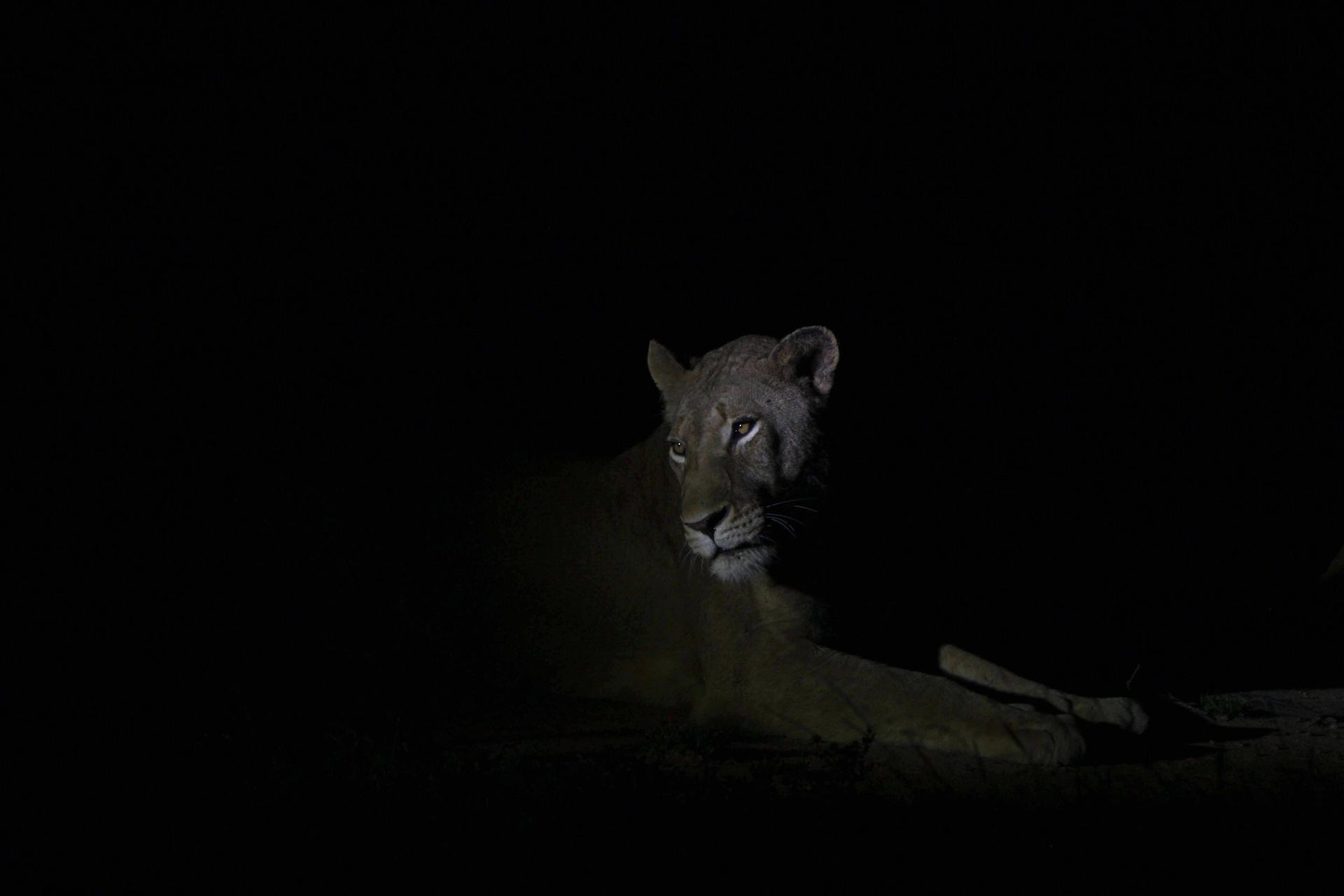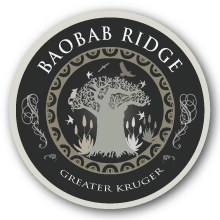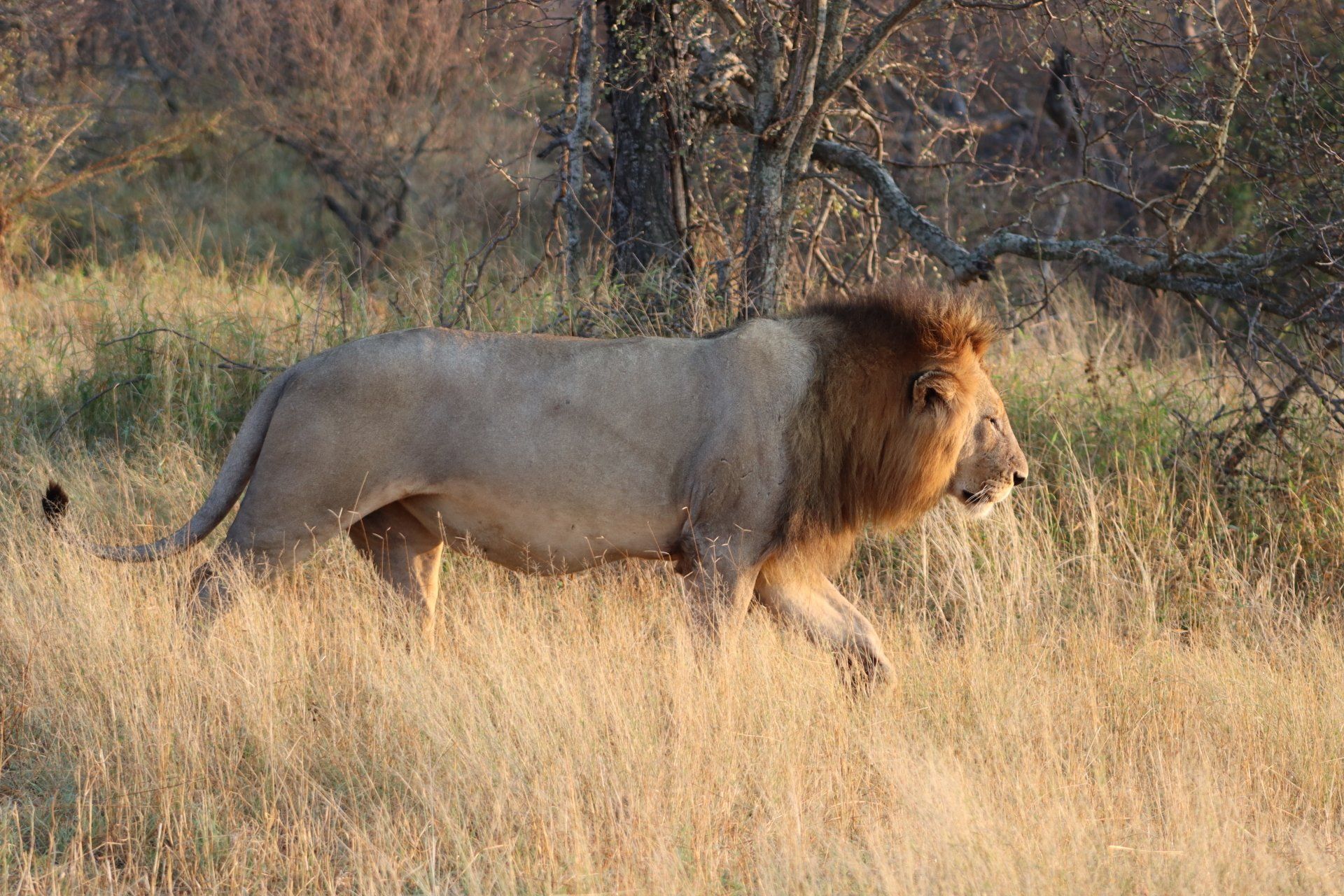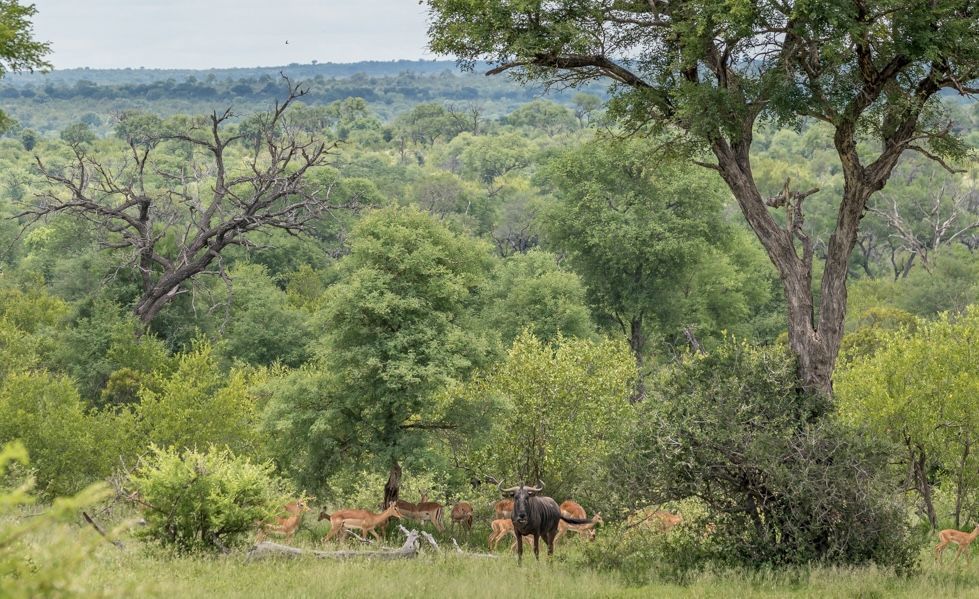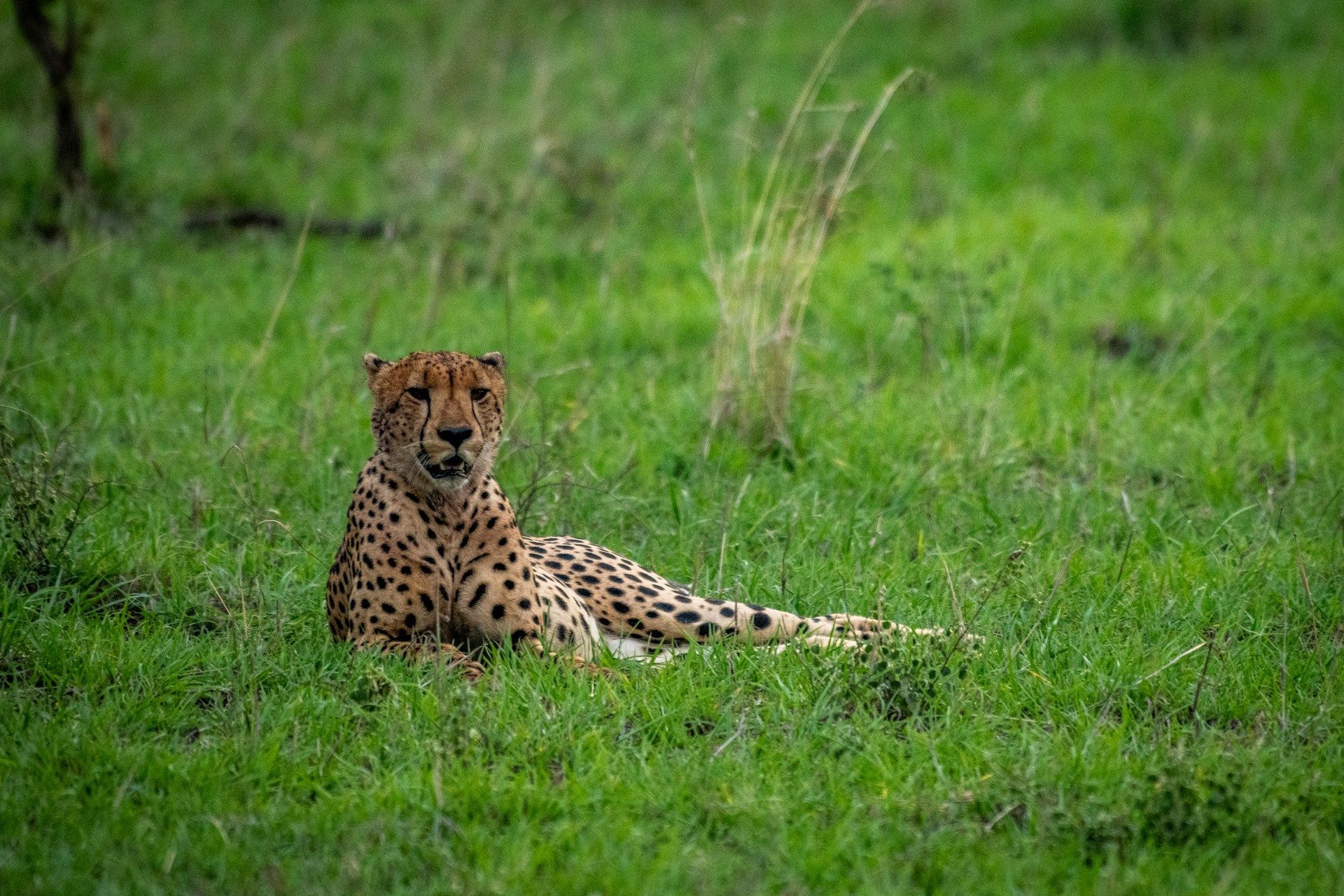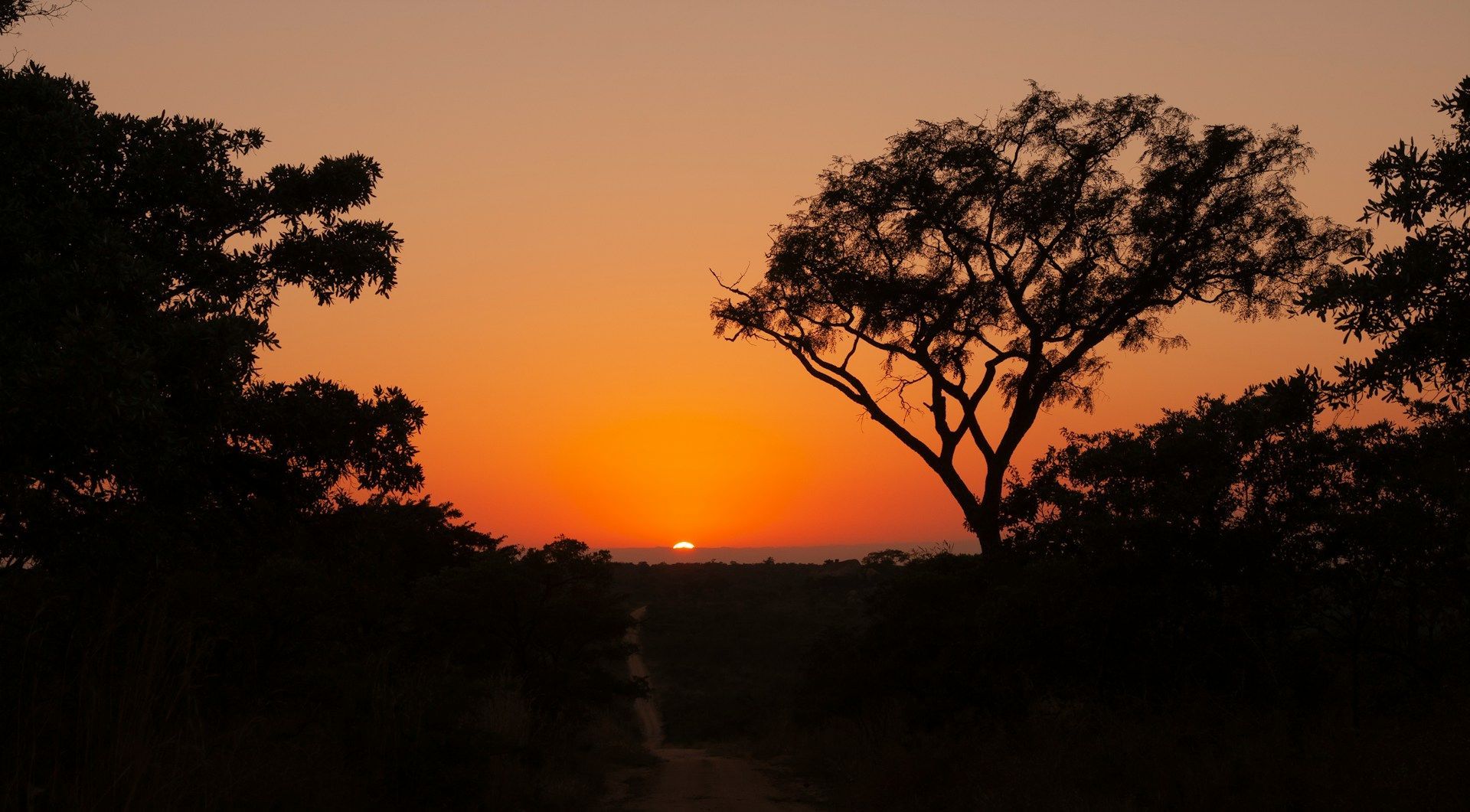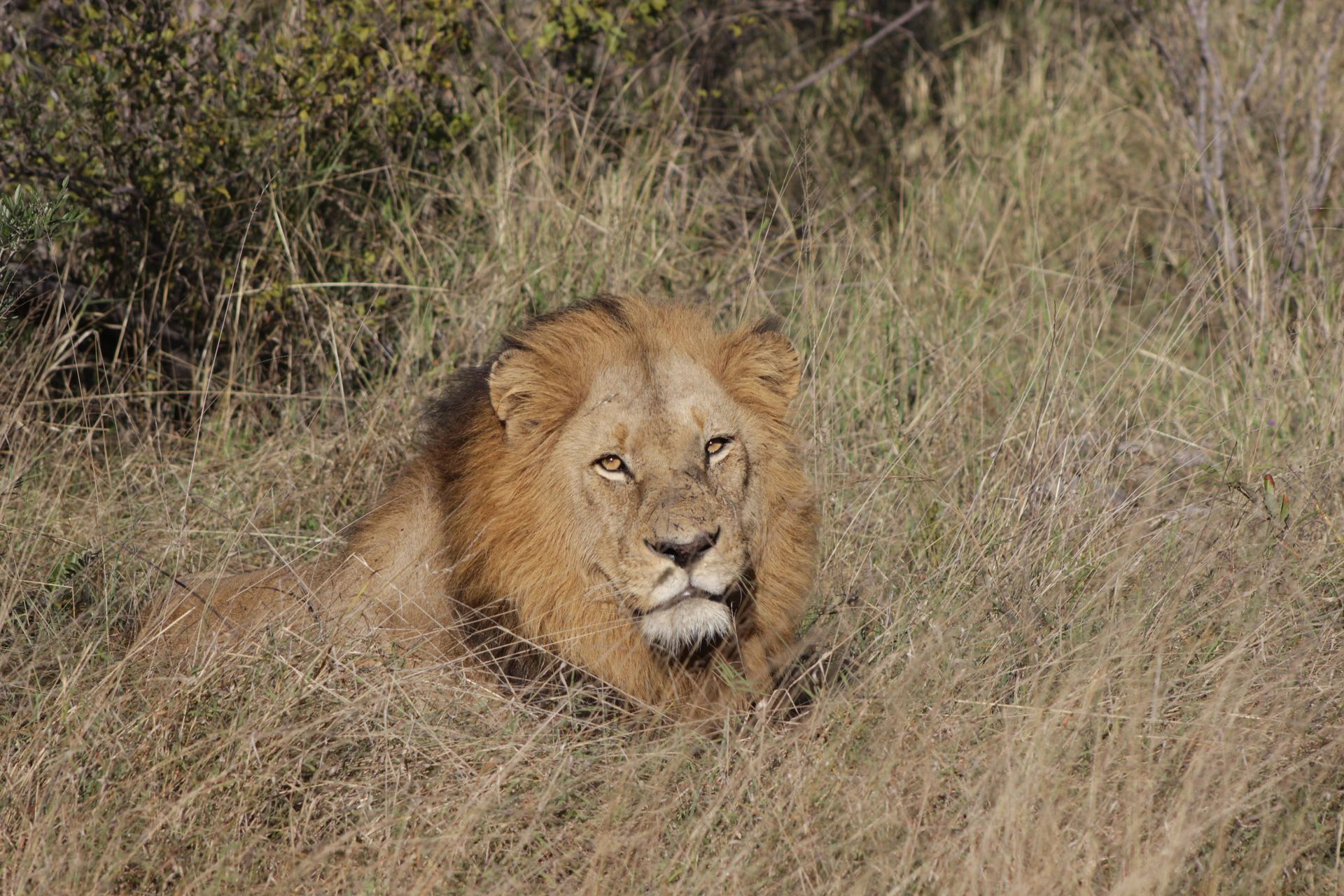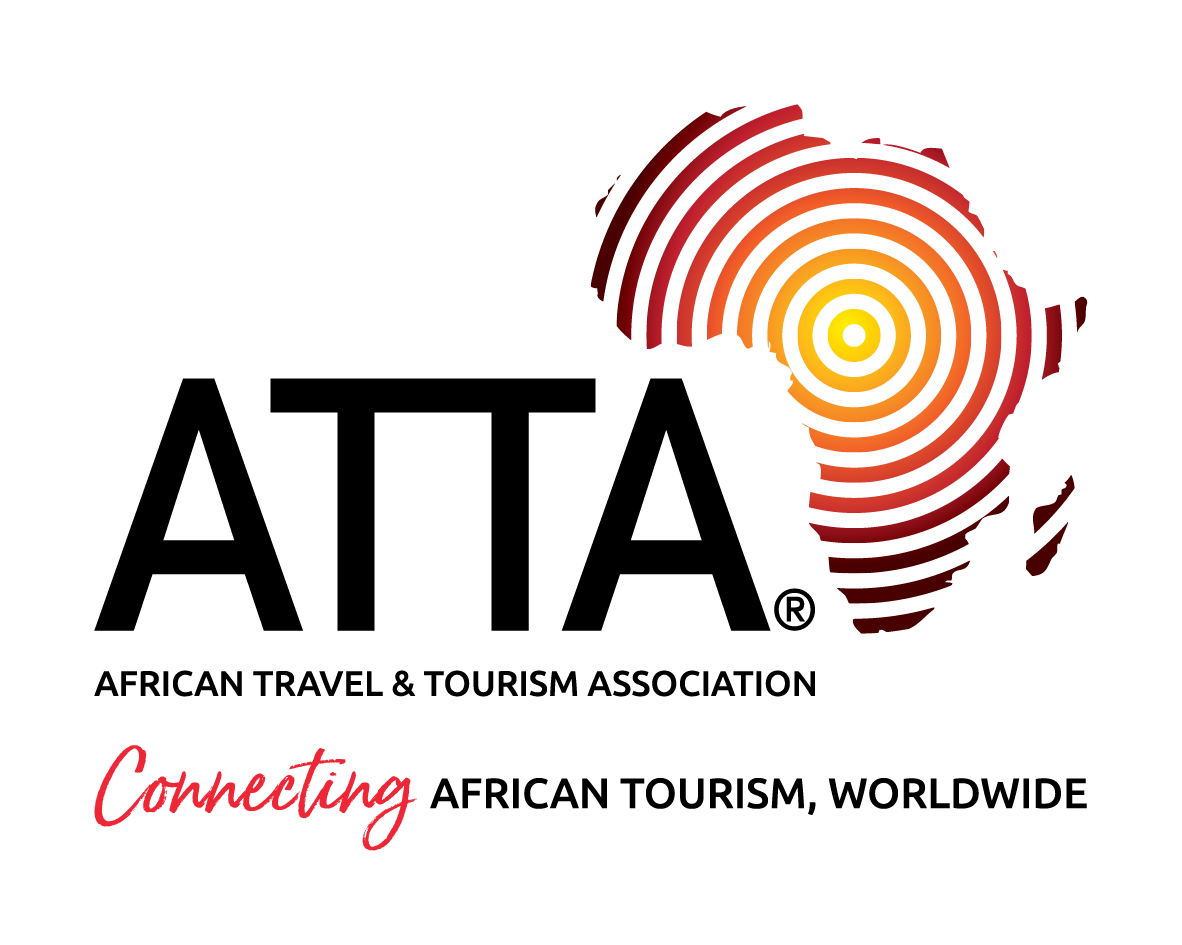The Klaserie - a conservation success story
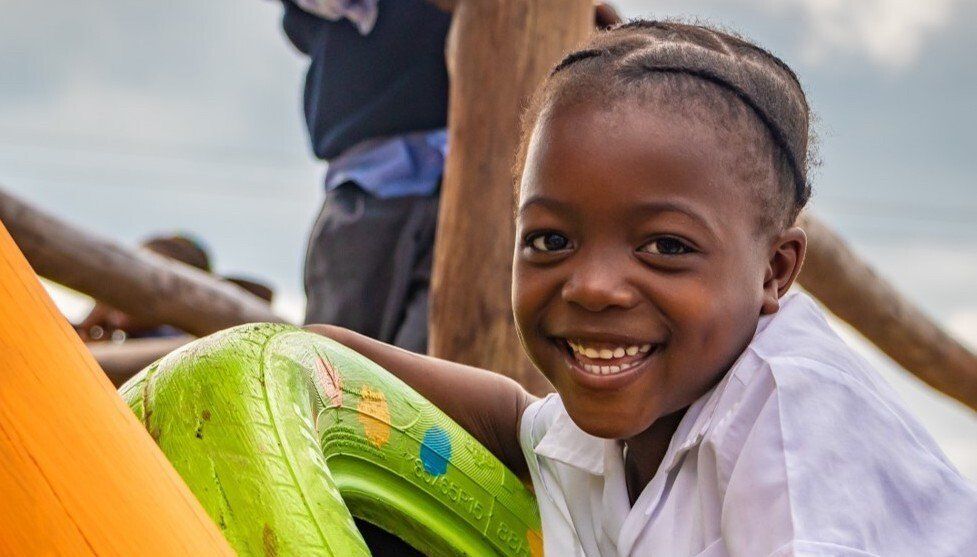
FROM SAVING RHINO TO PROTECTING FRAGILE ECO-SYSTEMS AND EDUCATING CHILDREN...
Here at Baobab Ridge, we're surrounded by the 60,000ha of pristine African wilderness that makes up the Klaserie Private Nature Reserve - one of the largest privately owned reserves in South Africa and part of the Greater Kruger National Park.
Established back in 1969, the Klaserie officially obtained reserve status in 1972 and is made up of a series of privately owned parcels of land that's run by an executive committee made up of landowners working in concert with the reserve warden. The Klaserie is a founding member of the Association of Private Nature Reserves - a co-operative organisation that's made up of the Klaserie, Timbavati, Umbabat and Balule private nature reserves and that works together with South African National Parks and other government entities to manage conservation in the Greater Kruger region.
Conservation underpins everything that happens on the Klaserie, with all of us who live and work here committed to protecting the wild fauna and flora that make up this near pristine environment, minimising the human footprint as much as we can.
As part of this commitment the Klaserie is actively involved in pioneering wildlife initiatives including the Ground Hornbill Project, sponsored by the Percy Fitzpatrick Institute of African Ornithology, an elephant research project under the umbrella of Save The Elephants - an NGO founded by Dr Ian Douglas Hamilton - and the Tembo Project that's currently studying buffalo in association with the Resource Ecology group of the University of Wageningen in The Netherlands.
Of course, the Klaserie is also at the forefront of efforts to protect its rhino and the rhino of the Greater Kruger National Park, with an exceptional anti-poaching programme that's in place and working closely with other anti-poaching units in the area.
The Klaserie also understands that in order to have successful conservation initiatives, there has to be support from the local communities on the periphery of the reserve. To this end the reserve has become the "home" of the NGO Eco Children, which interacts with children in local communities in a range of hands-on initiatives, providing conservation education and basic education through the adoption of four local primary schools, applying a "whole school development" approach to uplifting the next generation of conservationists.
Eco Children enables children in the Hoedspruit and Acornhoek are to receive quality basic education as well as hands-on environmental education on the reserve, helping them to embrace the wilderness, learn from it and value it. This is creating a sustainable relationship between the environment and its human residents.
Here at Baobab Ridge we actively support all of these initiatives and are proud to be part of such a wonderful community and this incredible reserve.
